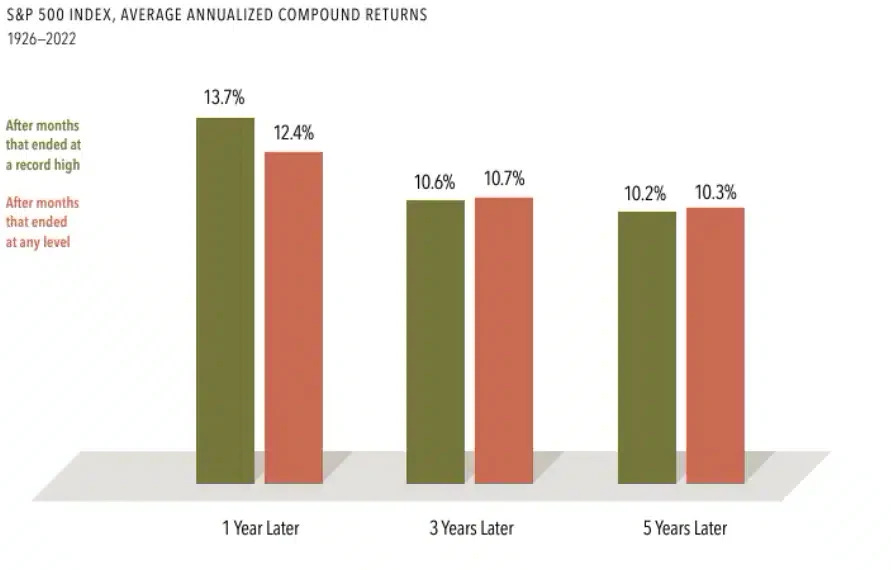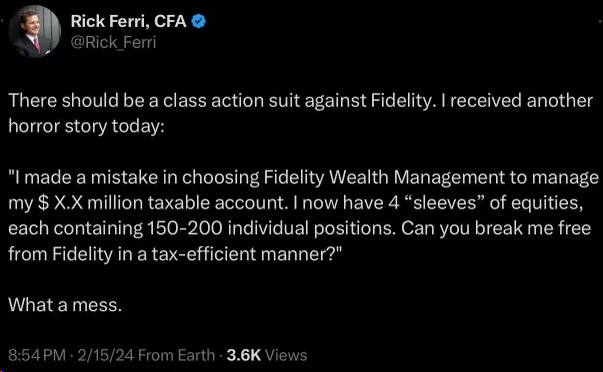On Saturday, February 24th, Elizabeth and I were faced with the heartbreaking decision of letting our wonderful Winnie go to The Rainbow Bridge.
As we started to treat the arthritis in her knees just a few weeks ago, one thing led to another which led to an MRI.
We got the devastating news on the 22nd that she had osteosarcoma eating away the vertebrae in her cervical spine.
We brought her home from the hospital to spend a final day or two with us where she got a steady stream of love, pain meds, and all the treats she wanted.
Then on an otherwise beautiful, sunny Saturday morning, we said our tearful goodbyes.
That’s the tough part with pets…
"Dogs' lives are too short. Their only fault, really." – Agnes Sligh Turnbull
Winnie was our 4th dog.
She won’t be our last.
Though she leaves a huge, gaping hole in our hearts and our lives that we can’t imagine ever going away, we know there’s another rescue out there we’ll welcome into our home when the time is right.
For now, just remember to cherish everyone and everything in your life while you can.
You never know how much time is left…
And give your pet an extra treat today.
For Winnie 🐾
Today, I thought I’d share a few things that have caught my attention and that I’ve been thinking about recently…
First, a lengthy but worthwhile quote from Max Gunther on the follies of forecasting. My thanks to a colleague who shared this in a recent email.
The following quote comes from Gunther’s book, The Zurich Axioms, and while it obviously applies to investment markets and money matters, it also accurately describes any attempt to predict or prognosticate.
Read it and let me know what you think…
The fact is, nobody has the faintest idea of what is going to happen next year, next week, or even tomorrow….It is of the utmost importance that you never take economists, market advisers, or other financial oracles seriously.
Of course, they are right sometimes, and that is what makes them dangerous. Each of them, after being in the prophecy business for a few years, can point proudly to a few guesses that turned out right. Amazing! everybody says. What never appears in the prophet’s publicity is a reminder of all the times when he or she was wrong.
It’s easy to be a prophet, the noted economist Dr. Theodore Levitt once told Business Week. You Make twenty-five predictions and the ones that come true are the ones you talk about. Not many seers are that frank, but all would privately agree with Dr. Levitt’s formula for success. Economists, market advisers, political oracles, and clairvoyants all know the basic rule by heart: If you can’t forecast right, forecast often….
Not all oracles have been able to organize the annual forecast-revising dance of the economists, but all are followers of the basic rule. They all forecast often and hope nobody scrutinizes the results too carefully….
It is easy to get dazzled by a successful prophet, for there is a hypnotic allure in the supposed ability to look into the future. This is especially true in the world of money. A seer who enjoys a few years of frequently right guesses will attract an enormous following….
One of the traps money-world prophets fall into is that they forget they are dealing with human behavior. They talk as though things like the inflation rate or the ups and downs of the Dow are physical events of some kind. Looking at such a phenomenon as a physical event, an oracle can understandably succumb to the illusion that it will be amendable to forecasting. The fact is, of course, that all money phenomena are manifestations of human behavior….
…An oracle can always cry unforeseeable events in explanation of a forecast that turns out wrong. But that is just the trouble. Every forecast has the possibility of unforeseeable events ahead of it. No forecast about human behavior can ever be compounded of 100 percent foreseeable events. Every prediction is chancy. None can ever be trusted…
…Disregard all prognostications. In the world of money, which is a world shaped by human behavior, nobody has the foggiest notion of what will happen in the future. Mark that word. Nobody….
…Money seems cool, rational, amendable to reasoned analysis and manipulation. If you want to get rich, it would seem that you need only find a sound rational approach. A Formula.
Everybody is looking for this Formula. Unfortunately, there isn’t one.
The truth is that the world of money is a world of patternless disorder, utter chaos. Patterns seem to appear in it from time to time, as do patterns in a cloudy sky or in the froth at the edge of the ocean. But they are ephemeral. They are not a sound basis on which to base one’s plans….
…It is surprising how many smart people allow themselves to be fooled by the Gambler’s Fallacy….Toss a coin enough times, and sooner or later you are going to have a long run of heads. But there is nothing orderly about this run. You cannot know in advance when it will start. And when it has started, you cannot know how long it will continue. And so it is with roulette, the horses, the art market, or any other game in which you put money at risk. If you play long enough, you will enjoy winning streaks—perhaps some memorable ones….But there is no orderly way in which you can cash in on these streaks. You can’t see them coming, and you can’t predict their duration. They are merely one more part of the chaos….
Next up, and related to the quote above, is this graphic:
Consider this your visual reminder that while markets are currently hovering around all-time highs, it’s no reason to change your long-term investment strategy, one that is hopefully well-diversified and based on your personal financial plan.
While I don’t have a clue where markets will go from here (see lengthy quote above), remember they have to hit new highs before they can go higher…
From Twitter, an example of the opposite of simple, effective, lifestyle-based investing:
And whether you have a little money or a lot, here’s something I believe:
No one has a spending problem.
Or a saving problem.
Or a debt problem.
They have a priorities problem.
Personal finance is about your behavior, not your paycheck or your bank account.
Sure, there are circumstances that are beyond your control, but that’s not what I’m talking about here.
An important part of ongoing financial planning is revisiting your priorities from time to time.
Just food for thought…
I’ll wrap up with this Morgan Housel article that I’d encourage you to read:
An excerpt from the article,
How you spend money can be a reflection of what you’ve experienced in life. To someone who grew up snubbed by poverty, owning a fancy car might be the ultimate symbol of what you’ve overcome. To an old-money family, it might be the ultimate symbol of ego and insecurity. People don’t just spend money on things they find fun or useful. Their decisions often reflect the psychological wounds of their life experiences.
As always, please reply with any thoughts, questions, or ideas for future weekly letters.
Always love to hear from you.
Thanks for reading.
Until next Wednesday,
Russ







So sorry to hear about the loss of your beloved Winnie. Very thought provoking post. Especially appreciate "No one has a spending problem - or a saving problem - or a debt problem - they have a priorities problem." Definitely made me pause.